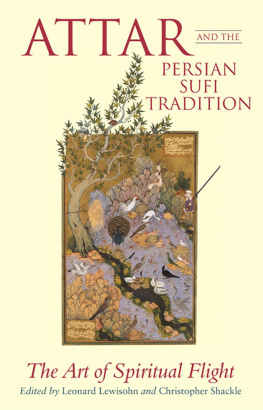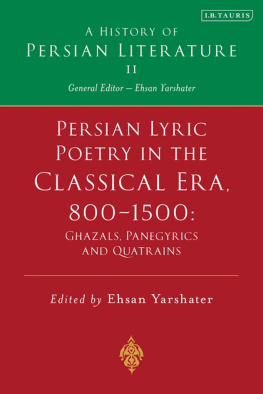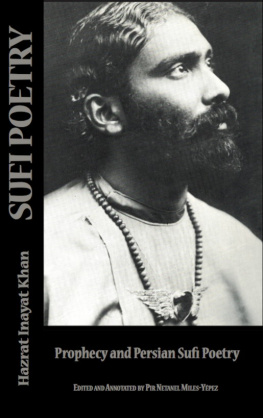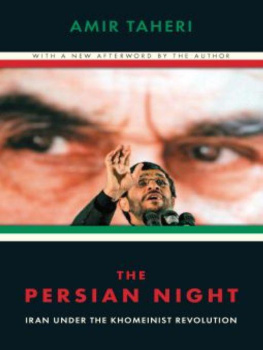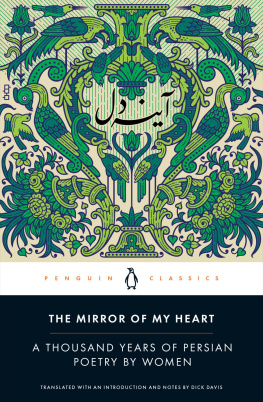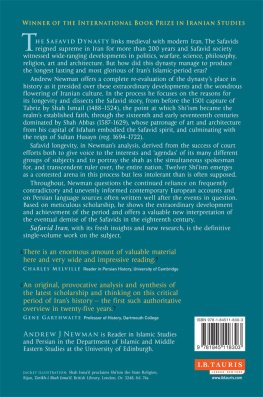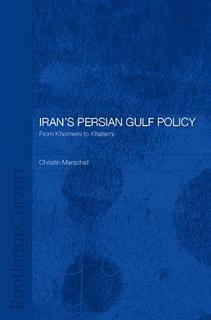First published in 1927
This edition first published in 2011
by Routledge
2 Park Square, Milton Park, Abingdon, Oxon, OX14 4RN
Simultaneously published in the USA and Canada
by Routledge
270 Madison Avenue, New York, NY 10016
Routledge is an imprint of the Taylor & Francis Group, an informa business
1927 Methuen & Co. Ltd.
Printed and bound in Great Britain
All rights reserved. No part of this book may be reprinted or reproduced or
utilised in any form or by any electronic, mechanical, or other means, now
known or hereafter invented, including photocopying and recording, or in any
information storage or retrieval system, without permission in writing from the
publishers.
British Library Cataloguing in Publication Data
A catalogue record for this book is available from the British Library
ISBN 13: 978-0-415-57033-6 (Set)
eISBN 13: 978-0-203-83010-9 (Set)
ISBN 13: 978-0-415-60850-3 (Volume 11)
eISBN 13: 978-0-203-83310-0 (Volume 11)
Publisher's Note
The publisher has gone to great lengths to ensure the quality of this reprint but
points out that some imperfections in the original copies may be apparent.
Disclaimer
The publisher has made every effort to trace copyright holders and would
welcome correspondence from those they have been unable to trace.
A Persian Anthology
I
INTRODUCTORY MEMOIR
EDWARD GRANVILLE BROWNE
BY J. B. ATKINS
A S an intimate friend of Professor Browne during a considerable part of his Cambridge days, I have been asked to write some impressions and reminiscences of him as a Pembroke man. I had no share in his Oriental studies and very little understanding of them, but I may plead that a knowledge of what he was as a Fellow of Pembroke and of what he did for generations of Pembroke undergraduates is the right equipment for my particular task.
An appreciation of Browne's Oriental scholarship has been written by his successor in the Sir Thomas Adams Professorship of Arabic, Professor R. A. Nicholson, and is printed together with Browne's catalogue of his own Oriental MSS. A biographical memoir of Browne has been written by his friend Sir Denison Ross, the Principal of the School of Oriental Studies in London, and appears in the new edition of Browne's fascinating book of travel and research (or should I not rather say of conversation ?), A Year Amongst the Persians. It remains for me to tell the reader of this Persian Anthology why Browne had the affection and gratitude of all Pembroke men, even of those to whom his scholarship meant nothing and to whom his political sympathies were strange. I shall say no more about Browne's immersion in Persian, Arabic, and Turkish thought and literature than is necessary to illustrate his character, his habits of mind, and his methods of conversation; yet I must premise that it would be impossible to describe him at all without interpreting him liberally in terms of the great intellectual passion of his life.
When, as a freshman at Pembroke, I first met Browne, he had not long returned to the College as a Fellow and a University Lecturer in Persian, after having qualified as a doctor in London and having spent his year amongst the Persians. Through certain predecessors of mine in the College he knew about me, and I knew much more about him. He asked me to his rooms the rooms in Ivy Court which had been occupied by the younger Pitt. I recall him as he rose from his table to receive me then; and during many years afterwards I saw him often with the same look and bearing encountering any visitors who entered his room while he was at work. For a moment he gazed at me as though he were emerging from a deep abstraction; as though he were refocusing the world, and incidentally focusing me. Truly, one might think it needed a flying carpet to convey him at once from the world represented by those MSS., of curious and exquisite caligraphy, which were spread over his table to the plane of an ordinary and very Occidental undergraduate. But to Browne the process of interruption and adjustment was unconscious, and, I might surmise from the rush of friendliness with which he greeted me, even agreeable.
I soon asked him if I might look at the MSS., and I was instantly struck by the manner in which he described his chief treasures. He talked with enthusiasm, with elaboration; he told me there and then the essential part of the story of the Bab, the martyred founder of the modern Persian sect which had been the principal object of his researches in Persia. There was nothing perfunctory in his exposition; he talked as though he were talking to another Oriental scholar. He picked up the MS. which he said was the most precious Babi document in his possession; he had obtained it after much toil and disappointment at the very end of his visit to Persia. Then he began to read from a passage which was in verse, and for the first time I heard that rhythmical intonation which was to become very familiar to me and often sounds in my ears to this day. As he recited, the fire of a rhapsodist burned in his eyes. The memory of his Persian travels was still fresh upon him; he seemed to be thinking of Persiaindeed, to be a Persianand to be conversing with another traveller as he perhaps gazed across the endless parasangs of the Persian plain looking for that dim cluster of dwellings or that elusive caravanserai which should be the next halting-place. After thus declaiming a few lines, he added a translationa merciful habit which, as I afterwards discovered, he scarcely ever neglected.
Another thing which impressed me in this conversation was how perfectly his lips appeared to be constructed by nature for the production of Oriental sounds. Here was a case, as it seemed, of predestination. His impulse towards the East when he was still a boy of sixteen had no traceable derivations from his ordinary English surroundings, yet it was unconquerable. He evolved his plans inexplicably out of his own heart, and the physical apparatus, by a miraculous coincidence, was waiting to fulfil them with a rare linguistic aptitude. When I came to know him well, he told me how his boyish sympathies, by some instinct which he could not analyse but which was deep and strong, ran counter to public feeling in England during the Russo-Turkish War. He does not seem to have made the question of Turkish atrocities a test; he was conscious only of a burning desire to support the smaller nation whose existence, with all its peculiar and picturesque attributes, was threatened by the advance of the mighty and ruthless Slav from the North the Russian steamroller of those days. He conceived the passionate idea of learning Turkish and, as soon as he was old enough, obtaining a commission in the British Army, with the sole purpose of offering his help to Turkey when he had learned enough of the military profession.


